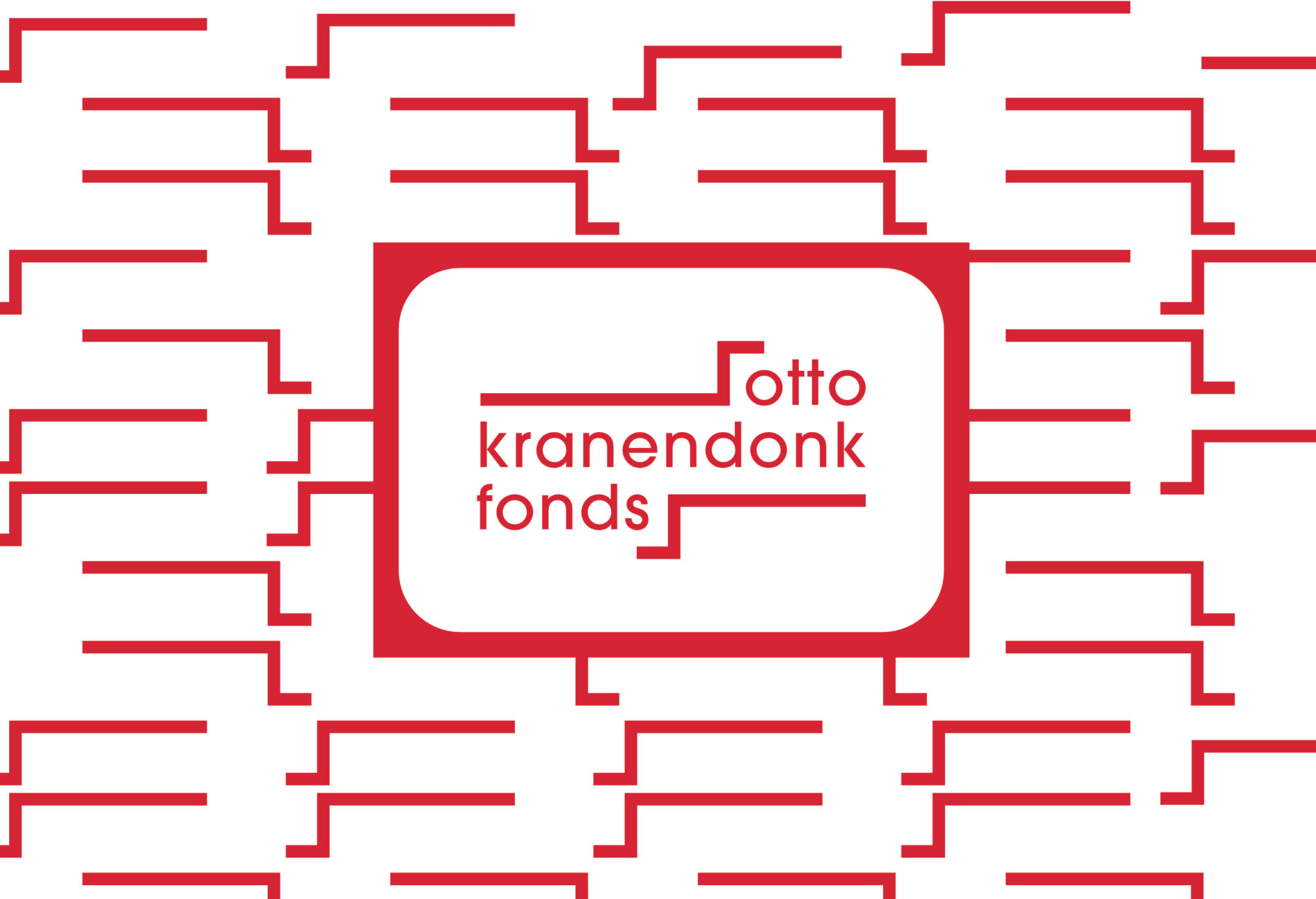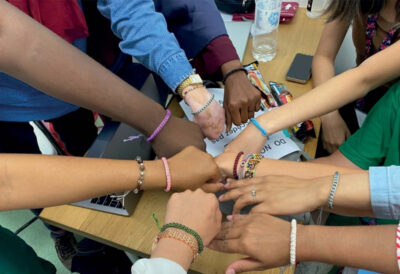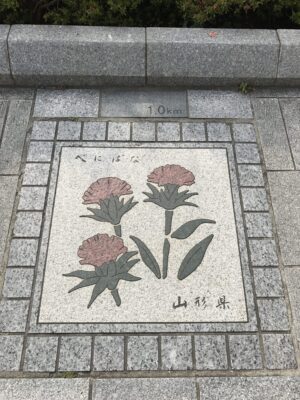Main content
Recently, I gave a lecture about all my misfortunes in research, or dare I say research not successful for the progress of science but rather for my own progress (after all, any project you start is something worth the effort). I’ve done literature reviews no medical journal cared about, I’ve computed teamwork efficacies scales for postpartum haemorrhage management that were not given value by reviewers, and I have noted that the precision in your statistical analysis needs to have more power if you are addressing sensitive topics like abortion care. In short, I’ve learned quite well how a publication bias may steer research and funding now and in the future.
One of the topics which was not well addressed in the literature, when I was doing my Masters in International Health (MIH) at the Royal Tropical Institute, was surgery in low- or middle-income countries. At the time, 2008, the MIH programme was for the most part based on research into malaria, tuberculosis and human immunodeficiency virus (HIV). Surgery was not considered public health, and this needed much reconsideration! This led to a discussion on how surgical care: 1) is needed to address a large part of the global burden of diseases, 2) can be delivered in a cost-effective manner, and 3) as in other previously designed public health projects, a long-term commitment is indicated for success. [1] As a surgically minded person, doing my MIH got me started on the search for the denominator of surgical treatable diseases, or if you’d like: surgical epidemiology.
This search for a surgical needs-denominator went from developing the Surgeons OverSeas Assessment of Surgical need (SOSAS), with a pilot study in Sierra Leone, to two full-country surveys in Sierra Leone and Rwanda and beyond. [2,3] It is incredibly satisfying to open up PubMed and see that SOSAS was used in India or Lebanon [4,5] with no involvement from me at all. These researchers at times have contacted me via email or have found the survey via the link on the Surgeons OverSeas website, and then went ahead to use the tool for their needs. [6] Furthermore, besides me earning a PhD through this research, Dr. Varela, surgeon in Malawi, was also able to use the SOSAS tool for his PhD [7] as will others currently working on the redo from SOSAS in Sierra Leone. [8]
So one might consider this a successful project; but as is true in many scientific fields as well as medicine, a precise number of surgeries per unit of population and a precise number of surgeons or surgical skills that need to be taught to cover the surgical needs have yet to be found. And with both the evolution of medicine, as well as the evolution of the world at large, that number will never be found. However, in any case, surgery is no longer being omitted from the discussion of public health or health care development and planning.
Lately, I have not been involved in the so-called ‘Global Surgery’ discussion or progression, but after completion of my OB-GYN residency at Johns Hopkins in Baltimore USA, I’ve taken a position at the Alaska Native Medical Centre. I can truly say that I have the best job in the world. The position of full scope OB-GYN is in Anchorage, a fairly large city with about 9 months of winter, with consultations from all over the state and regular visits to more remote places for either non-urgent GYN clinics or teaching emergency Obstetrics to a variety of Tribal Health Corporations.
My research and epidemiologic enthusiasm is being channelled in the Quality Assurance programme for our department as well as in research on postpartum haemorrhage, which has a 10% occurrence rate in our population with no good understanding of the origin. [9] Besides the practical knowledge we try to gain from our research, we also try to elevate indigenous research and researchers and hopefully encourage other doctors working in non-academic centres to get their data and reality acknowledged and addressed.
References
- Bae JY, Groen RS, Kushner AL. Surgery as a public health intervention: common misconception versus the truth. Bull World Health Organ. 2011 Jun 1;89(6);394
- Groen RS, Samai M, Stewart KA, Cassidy LD, Kamara TB, Yambasu SE, Kingham TP, Kushner AL. Untreated surgical conditions in Sierra Leone: a cluster randomised, cross-sectional, countrywide survey. Lancet. 2012 Sep 22;380(9847):1082-7. doi: 10.1016/S0140-6736(12)61081-2. Epub 2012 Aug 14. PMID: 22898076.
- Petroze RT, Groen RS, Niyonkuru F, Mallory M, Ntaganda E, Joharifard S, Guterbock TM, Kushner AL, Kyamanywa P, Calland JF. Estimating operative disease prevalence in a low-income country: results of a nationwide population survey in Rwanda. Surgery. 2013 Apr;153(4):457-64. doi: 10.1016/j.surg.2012.10.001. Epub 2012 Dec 17. PMID: 23253378.
- Vora K, Salvi F, Saiyed S, Desai C, Joshi R, Buch K, Mavalankar D, Jindal RM. Community health workers to reduce unmet surgical needs in an urban slum in India: an implementation study. Int Health. 2023 Sep 4:ihad072. doi: 10.1093/inthealth/ihad072. Epub ahead of print. PMID: 37665126.
- Al-Hajj S, Moustafa M, El Hechi M, Chahrour MA, Nasrallah AA, Kaafarani H. Physical injuries and burns among refugees in Lebanon: implications for programs and policies. Confl Health. 2023 Sep 25;17(1):42. doi: 10.1186/s13031-023-00539-4. PMID: 37749592; PMCID: PMC10518957.
- https://www.surgeonsoverseas.org/resources/
- Varela C, Young S, Groen RS, Banza L, Mkandawire N, Moen BE, Viste A. Deaths from surgical conditions in Malawi – a randomised cross-sectional Nationwide household survey. BMC Public Health. 2020 Sep 25;20(1):1456. doi: 10.1186/s12889-020-09575-8. PMID: 32977777; PMCID: PMC7519556.
- van Kesteren J, van Duinen AJ, Marah F, van Delft D, Spector AL, Cassidy LD, Groen RS, Jabbi SB, Bah S, Medo JA, Kamanda-Bongay A, van Leerdam D, Westendorp J, Mathéron HM, Mönnink GLE, Vas Nunes J, Lindenbergh KC, Hoel SK, Løvdal SM, Østensen MN, Solberg H, Boateng D, Klipstein-Grobusch K, van Herwaarden D, Martens JPJ, Bonjer HJ, Sankoh O, Grobusch MP, Bolkan HA; PRESSCO 2020 study group. PREvalence Study on Surgical Conditions (PRESSCO) 2020: A Population-Based Cross-Sectional Countrywide Survey on Surgical Conditions in Post-Ebola Outbreak Sierra Leone. World J Surg. 2022 Nov;46(11):2585-2594. doi: 10.1007/s00268-022-06695-7. Epub 2022 Sep 6. PMID: 36068404; PMCID: PMC9529684.
- Hadley ME, Day G, Beans JA, Groen RS. Postpartum hemorrhage: Moving from response to prevention for Alaska Native mothers. Int J Gynaecol Obstet. 2021 Nov;155(2):290-295. doi: 10.1002/ijgo.13883. Epub 2021 Aug 30. PMID: 34403505; PMCID: PMC9438451.



















































